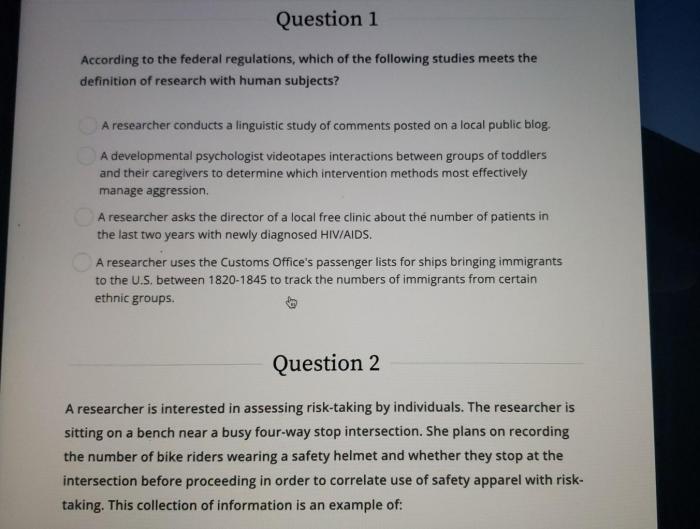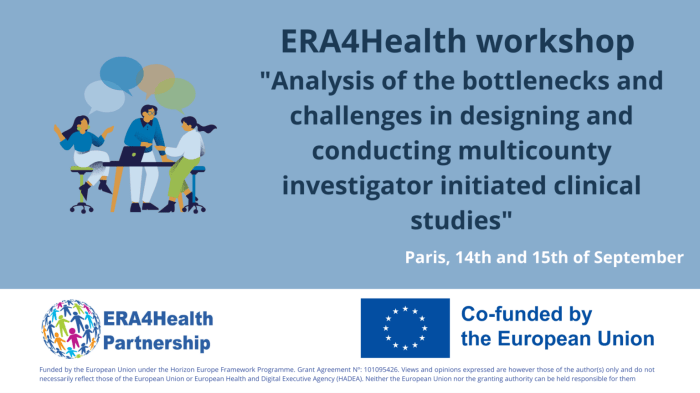Conducting investigator initiated studies according to fda regulations and gcp – Conducting investigator-initiated studies (IIS) according to FDA regulations and GCP is a critical aspect of advancing medical research. This article delves into the significance, regulatory framework, and essential considerations for conducting IIS, ensuring the safety and integrity of research.
IIS play a vital role in expanding medical knowledge and developing new treatments. However, they must adhere to stringent regulations to ensure ethical conduct, data integrity, and participant safety.
Introduction

Investigator-initiated studies (IIS) play a pivotal role in advancing medical research by allowing researchers to explore innovative ideas and address unmet medical needs.
The Food and Drug Administration (FDA) and Good Clinical Practice (GCP) guidelines provide a regulatory framework for conducting IIS, ensuring the safety and well-being of study participants and the integrity of the research process.
Pre-Study Considerations
Identifying an appropriate research question is crucial for a successful IIS. This involves defining the study objectives, target population, and primary outcome measures.
The study protocol serves as a blueprint for the IIS and must meet FDA and GCP requirements. It should include detailed information on the study design, procedures, data collection, and statistical analysis plan.
Informed consent is paramount in IIS. Researchers must provide participants with clear and comprehensive information about the study and obtain their voluntary consent before enrolling them.
Study Conduct
Investigators are responsible for adhering to FDA and GCP regulations throughout the study. This includes ensuring the safety of participants, maintaining accurate study documentation, and adhering to the approved protocol.
Maintaining accurate and complete study documentation is essential for data integrity and regulatory compliance. Records should include all study-related activities, including participant enrollment, interventions, adverse events, and data collection.
Ethical considerations are integral to IIS. Researchers must prioritize the well-being of participants, respect their autonomy, and protect their privacy.
Data Management and Analysis
GCP principles guide data management and analysis in IIS. Data should be collected, processed, and stored securely to maintain its integrity and confidentiality.
Statistical methods play a vital role in analyzing IIS data. Researchers should select appropriate statistical tests and interpret results carefully, considering potential biases and limitations.
Interpreting and reporting study results should be objective and transparent. Researchers should clearly present their findings, discuss the implications, and acknowledge any limitations.
Post-Study Responsibilities, Conducting investigator initiated studies according to fda regulations and gcp
Investigators have a responsibility to disseminate study results and ensure the safety of participants after the study is completed.
Submitting study reports to the FDA and other regulatory bodies is essential for regulatory compliance and ensuring the transparency of research findings.
Popular Questions: Conducting Investigator Initiated Studies According To Fda Regulations And Gcp
What is the significance of conducting investigator-initiated studies?
IIS allow researchers to explore innovative research questions that may not be addressed by industry-sponsored studies, contributing to the advancement of medical knowledge.
What is the role of the FDA in regulating IIS?
The FDA oversees IIS to ensure the safety and ethical conduct of research, protecting the rights and well-being of study participants.
What are the key principles of GCP?
GCP guidelines provide a framework for ethical and scientific conduct of clinical research, ensuring the quality, integrity, and reliability of data.


